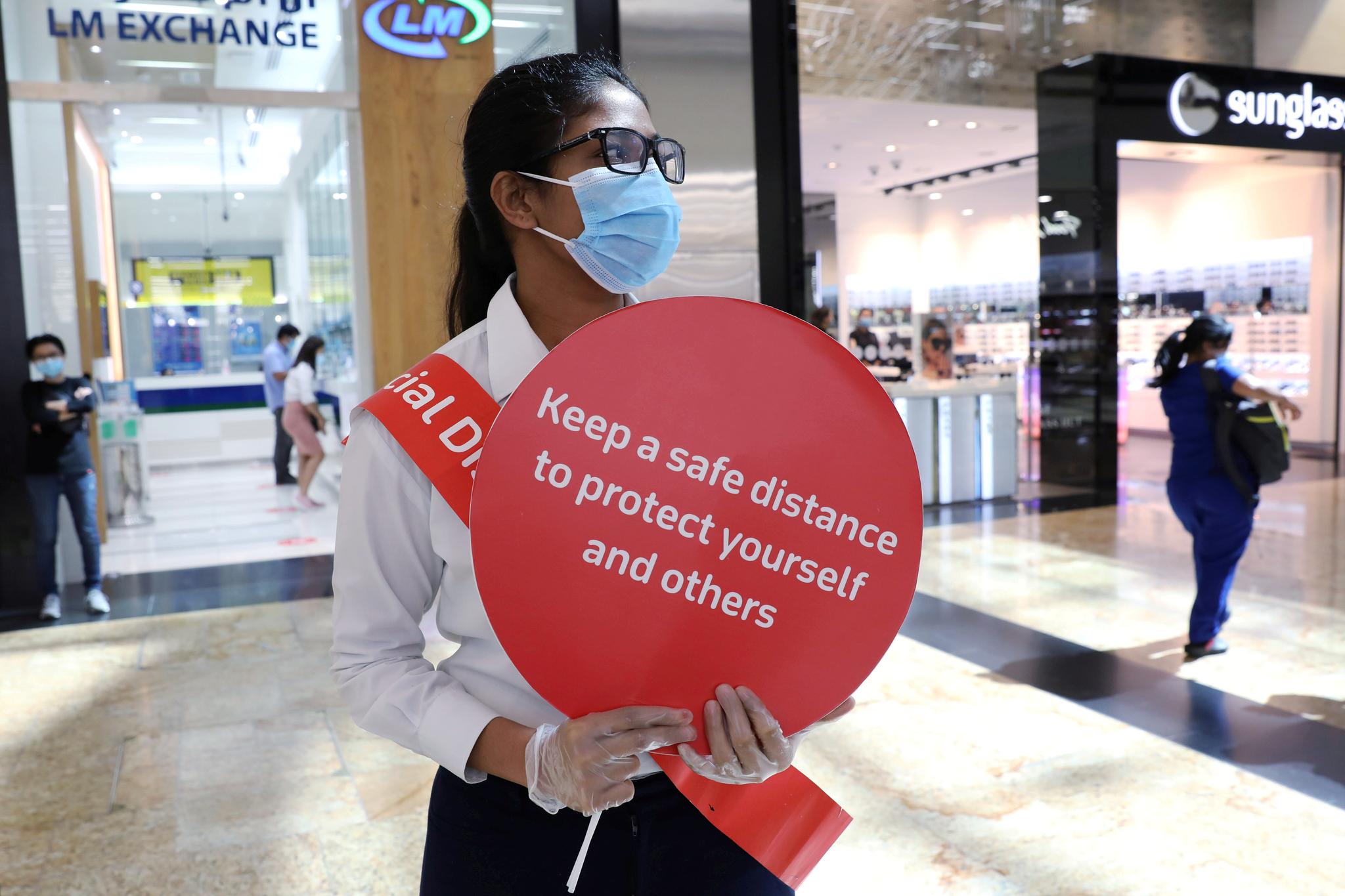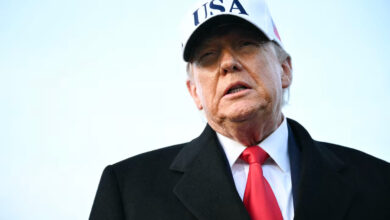
DUBAI (Reuters) – Saudi Arabia and neighbouring United Arab Emirates said on Sunday health authorities have expanded COVID-19 vaccinations to all citizens and residents aged 16 and above as Gulf states race to bring the virus under control.
Riyadh said the health ministry will start inoculating its population aged 16 and above with Pfizer vaccines, while its citizens and residents aged of 18 and above will have Astrazeneca shots.
It did not provide further details.
The government said on Saturday around 3 million vaccines had been distributed across 500 vaccination centres.
The UAE, the region’s commercial and tourism hub and a global travel centre, has set a blistering pace for its vaccine rollout to keep its economy open for business. It ranks second globally behind Israel for doses per 100 people.
The Emirati health ministry urged its citizens and residents aged 16 and over to register for COVID-19 vaccinations, a statement published on state media late on Saturday said. The move, it said, comes after nearly 73% of elderly Emiratis, residents and those with chronic diseases have been vaccinated.
The country is providing four types of vaccine free of charge.
The UAE’s daily COVID-19 cases surged to nearly 4,000 in late January from about 600 in September after Dubai opened its doors to visitors during the peak winter tourism season.
The rate has fallen after authorities tightened restrictions at public venues but stopped short of imposing new lockdowns. Some restrictions have since been eased but mask-wearing in public and social distancing are still required.
The UAE, which does not give a breakdown for each of its seven emirates, registered 2,013 new infections on Saturday to take its total tally to 438,638 with 1,433 deaths.
Reporting by Ghaida Ghantous; Editing by David Goodman and David Evans
Image: FILE PHOTO: A woman wearing a protective face mask and gloves holds a sign at Mall of the Emirates after the UAE government eased a curfew and allowed stores to reopen following the outbreak of the coronavirus disease (COVID-19) in Dubai, United Arab Emirates, May 5, 2020. REUTERS/Ahmed Jadallah/File Photo




